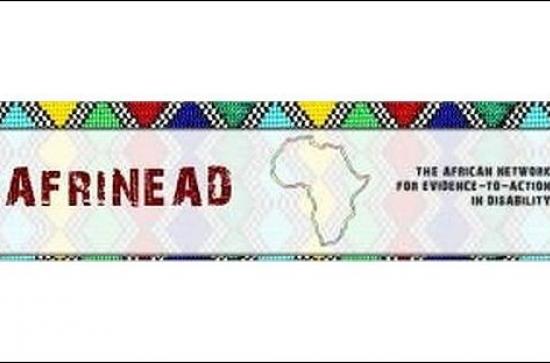
The fifth AfriNEAD Conference was held August 7th-9th in Kumasi, Ghana at the Kwame Nkrumah University of Science and Technology (KNUST). The theme of this year’s conference was Disability and Inclusion in Africa; the role of Assistive Technology. From the Maynooth University Department of Psychology, Dr Fleur Boot (presenting) and Emma Smith, both working with Professor Mac MacLachlan, attended the three day conference. Presenters included experts in the field of disability in Africa and globally, as well as students representing the Centre for Disability and Rehabilitation Studies, College of Health Sciences, at KNUST.
Dr Fleur Boot said “It was exciting to see there is an increasing interest in disability and access to assistive technology in lower resourced settings, and the engagement of disabled person’s organizations at the conference. There was a global perspective, with speakers from several continents, each trying to learn from one another.
The key message I take home is that we need to be aware of the importance of cultural backgrounds influencing both practices and policies for persons with disabilities, and how complex this can be. There is still a lot of work to be done, but positive intentions and energy of the people involved makes me optimistic for the future.”
AfriNEAD is a pan-African network of researchers and civil service organizations working towards advancing the use of evidence to accelerate the process of realizing equity and human dignity for persons with disabilities in Africa.” AfriNEAD was started in 2007 and includes more than 18 African countries and 7 global countries.
As a University of British Columbia Friedman Scholar visiting Professor MacLachlan, Emma Smith is working on the application of new and existing policy analysis tools to national assistive technology policies. In particular, Emma will be looking at equity and inclusion in policies relevant to assistive technology in Malawi, as well as working on evaluating progress towards implementation of assistive technology related articles of the UN Convention on the Rights of Persons with Disabilities.
Dr Fleur Boot, ASSISTID Marie Sklodowska-Curie Post-Doctoral Researcher, is working on GATE-ID, a project which is calling for a greater focus on people with intellectual disabilities within the WHO's GATE (the Global Cooperation on Assistive Technology) programme. The objective of this study is to better understand facilitators and barriers for people with intellectual disabilities to effectively access essential assistive products across high, medium and low resource settings.
